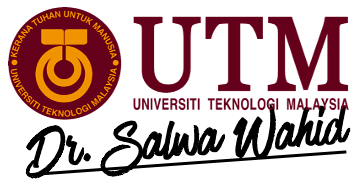Teaching Philosophy
At its core, I believe higher education is about going beyond content mastery I work hard to create a learning environment that fosters critical thinking and problem solving (self-reflective statement).
All students, in order to become engaged members of society, need to understand not only the facts presented in books and lectures, but the questions they need to ask based on the information they learn.
I expect students to become self-directed learners, engaging their natural curiosity about the material presented and taking that curiosity to the next level.

I see myself and our work in the classroom as the springboard for their further exploration. To accomplish this, I present information in the most compelling way possible – often through interactive teaching aids and experiential learning opportunities.
I bring in real-world examples in the form of professionals from the field of study. At the beginning of each semester, I explain that I expect students to take an active role in their learning, asking questions and going beyond the material presented in class.
I give bonus points for class participation, keeping track of which students ask questions or offer new ideas. As part of the final project in most classes, I ask students to present a problem and offer a novel solution for that problem.
This requires self-directed research and the ability to put their work into a format others can understand. In addition to keeping track of student participation, I use both formative and summative assessments to gauge students’ understanding.
I assess content mastery using traditional examinations. However, I also include an essay question that assesses students’ ability to think beyond the information they are given.
I expect them to take an active role in learning, and I judge their final project with that in mind. Apart from reflecting on my teaching after every class, I also request feedback from students about my presentation of materials and the assignments they complete.
I use anonymous surveys at the midway point and at the end of the semester to ensure I am meeting their needs and effectively communicating expectations.
I regularly stress my commitment to continual quality improvement (CQI) and encourage students to give me feedback during office hours. Through these methods, I hope to exceed their expectations as an instructor.






